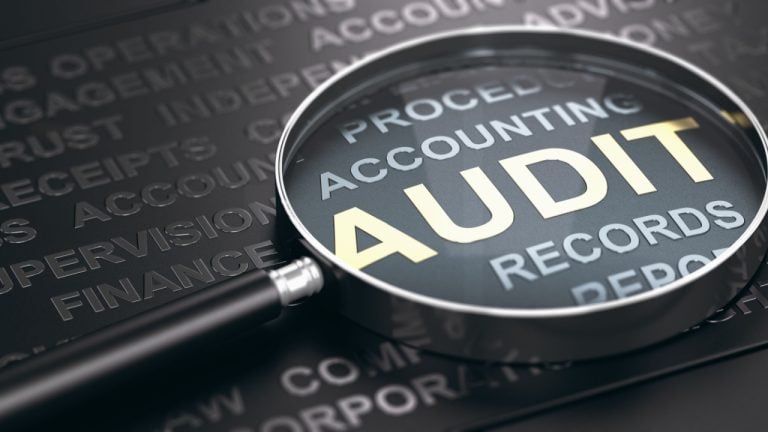
Palauan senator Mark Rudimch has called for an audit of Palau’s stablecoin pilot program, launched by the country’s ministry of finance in partnership with Ripple in July. In a letter sent to the public auditor Satrunino Tewid, Rudimch reported the Palauan senate had concerns regarding the “constitutionality, security, accountability, statutory authority, and oversight of the program.”
Palau’s Ripple-Backed Stablecoin Pilot Faces Senate Opposition
Palau’s Ripple-backed stablecoin program, launched and announced in July, faces opposition from the Palauan senate. According to local reports, Senator Mark Rudimch, chairman of the Senate Resources, Commerce, Trade and Development Committee, has requested Public Auditor Satrunino Tewid audit the program, voicing various concerns regarding the ongoing test.
In a letter sent to Tewid, Rudimch stated:
The Senate has some concerns regarding the constitutionality, security, accountability, statutory authority, and oversight of the program.
Rudimch’s concerns point in two different directions. The first is related to the program’s legality, as he says the Ministry of Finance might not have the authority to run a program of this kind in Palau. “Is this a setup for an unconstitutional precedent?” he asked.
The second aspect has to do with the use of government resources without following proper procedure. On this, Rudimch declared:
Can this practice, if allowed under this discretionary ‘private partnering with government project,’ be used on other experimental/ pilot programs for corporate profits such as this alternative payment system?
Rudimch explained that using Ripple’s research and development grant as collateral to secure 1:1 dollar stablecoin redemptions “supersedes or suspends existing laws and regulations” to fund the pilot program.
Still a Small Program
The Palau Stablecoin pilot program is currently ongoing on a small scale. The Ministry of Finance has only distributed a limited amount of PSC, Palau’s stablecoin, using the Ripple network for this purpose.
“It is still a very small, secure, and controlled pilot to test the concept. Limited to 200 executive branch government employees only,” said Jay Hunter Anson, who leads Palau’s stablecoin project. Each one of the participants will get $100 to spend in qualified retailers in the country.
Palau’s president Surangel S. Whipps Jr. voiced his support for the program last month, explaining that he hoped it could help Palau to “mobilize our economy and government processes to improve financial transactions and empower our citizens.”
The pilot program will be evaluated for two months. After this period, the government will decide if it gets expanded.
What do you think about Palau’s stablecoin program and its legality? Tell us in the comments section below.
Comments
Post a Comment